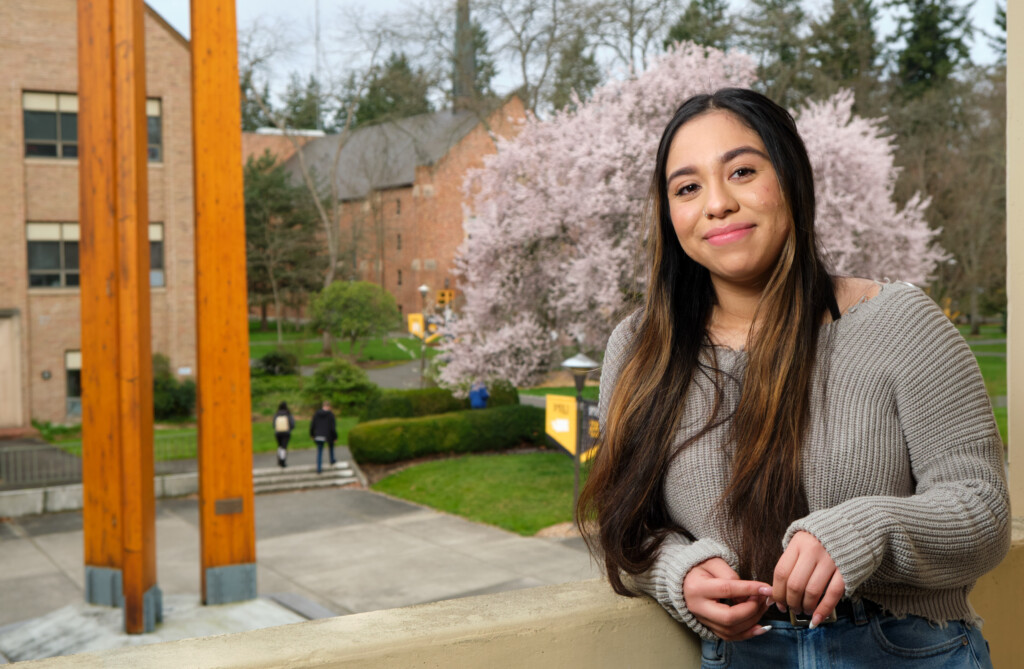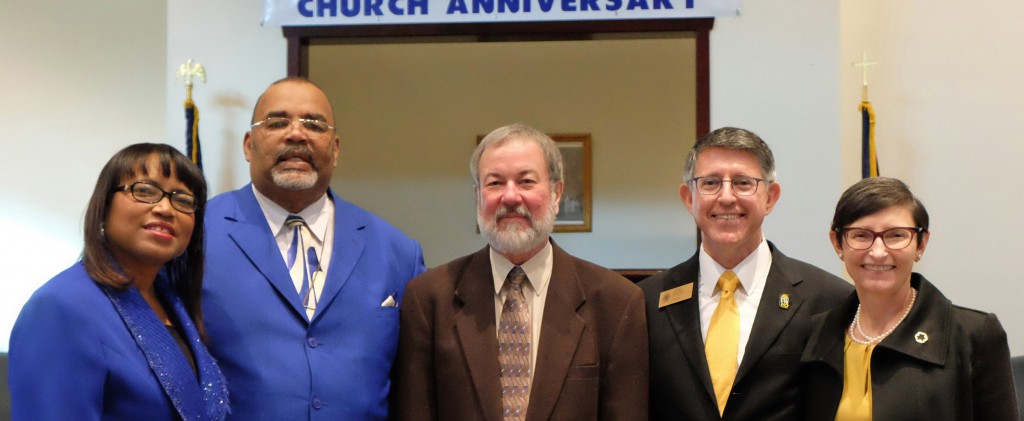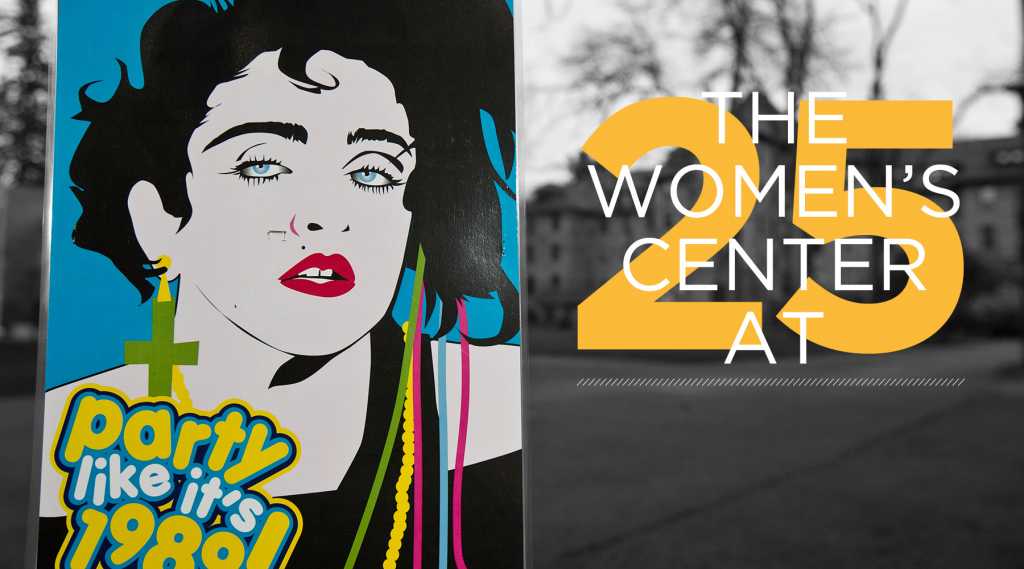Page 77 • (4,652 results in 0.057 seconds)
-
judgment when engaging in activities using toy or fake firearms, explosives or weapons (i.e., water guns, Nerf guns, Nerf swords, etc.). It must be obvious that these items are toys and they must be used in a way that cannot be perceived as threatening or real to a reasonable standard (i.e., playing Russian Roulette, Assassins, etc.). In instances where toy firearms, explosives, or weapons are not used with good judgment, PLU may initiate the Student Conduct process in relation to this and/or the
-
writing: a description, a comparison, etc. It is more realistic to imagine that a writer will utilize a variety of modes-description in conjunction with narration and persuasion-to achieve her or his aim.) Hand-in-hand with a sense of purpose is a sense of audience. If fact, real-life writing situations are often motivated first by the need to communicate with a specific group of people. Having a particular audience in mind when composing helps writers choose appropriate tone, style, and words, as
-

speak to that other than living in rural areas … and I felt that would be an opportunity to address health disparities, kind of merging health equity and cultural humility,” Chell says. “Also growing up in South Dakota, I felt pretty ignorant to the native nations in my home state. So, I knew it would also be an opportunity to learn a lot more about these marginalized communities.” Chell worked as a health systems coordinator providing a variety of support to the program. This wasn’t the first time
-

-income and having little financial support from my family. I probably will not get over those barriers until I get a real-world job, but I lessened my barrier by working three jobs to support myself and helped out my parents by taking out loans so that the out-of-pocket cost would be manageable. 5. Why did you want to study social work? I always knew I wanted to be a resource and help out others –it was just a manner of which profession to do that in. I was originally a psychology major and switched
-
life-enhancing pursuits. The successful completion of our majors demands a strong integration of the liberal arts and sciences with thorough professional preparation in light of respective state and national standards, accrediting bodies and certification programs. Internship experiences are an integral and required element of all majors in the department and allow for students to further develop and apply their education and training in real world, professional settings.The Major and Minor
-

work right. We want to find the best way to get everyone around the table and create a safe space for a meaningful conversation that promotes real change. Like most colleges across the country, increasing diversity is one of the top challenges facing PLU. 31% of our incoming first-year students this year are students of color, compared to about 24% in 2011; Of those first-year students, 2.64% — only 17 students – are black. For the student body as a whole, 2.63% — 84 students – are black. We must
-

Belton says it’s time to match a sterling program with a state-of-the-art facility. That’s why he’s excited about the planned Clinical Learning and Simulation Center that will double the space available for PLU’s nursing education program as it propels the program into the future. Want to learn more about how you can support this important project?Contact Kaarin Praxel Austin 253-535-7156 praxel@plu.edu Nursing Center “We’ve got these talented faculty and they’re attracting amazing students,” Belton
-

spending time at the Women’s Center, I had very few connections to the PLU community. After becoming a part of the WMGS program and attending the reception at the Women’s Center this year, I finally feel like a real member of the PLU community, and have made great connections to the staff and other students through the various programs put on by the center. I have never felt so welcome and accepted at any space at PLU as I have at the Women’s Center.” Mycal Ford ’12: Former Women’s Center intern “The
-
into the tradition of memory studies in Latin America. Specifically, my project analyzes the way that De Robertis’ book reimagines the straight conception of the Uruguayan experience under dictatorship by fictionalizing the real history of what the queer community experienced during that time. De Robertis creates a queer memory artifact that undoes the alienization of queerness in the Uruguayan national identity. 4:40-5pm: Q&A Tuesday – MCLT (Morken) 132 3pm – Opening Remarks 3:05-3:25pm - Tatiana
-
? And most importantly, and most uncomfortably, how could God let genocide happen? The ability to ask these tough questions was encouraged and taught to me during my time in the classroom at PLU as well as studying abroad. When I studied away in Germany and had the opportunity to visit a concentration camp I was sufficiently disgusted as people smiled and took “selfies” next to the “Arbeit Macht Frei” sign at the entrance. PLU had taught me better. PLU forced me to never think of genocide as
Do you have any feedback for us? If so, feel free to use our Feedback Form.


